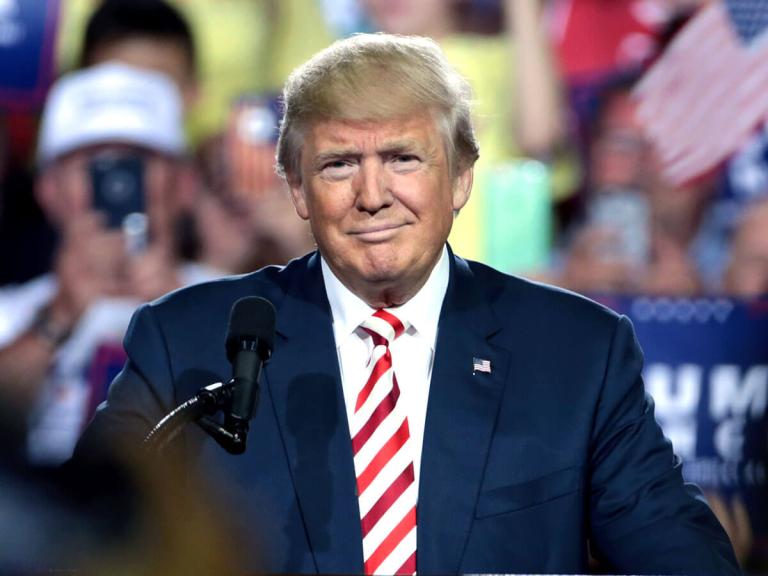
As 2024 GOP primary hopefuls continue to make their pitch for the upcoming Iowa Caucuses, evangelicals continue to hold strong in their support for Trump. Of the top three GOP contenders in the races apart from Donald Trump, two have leaned on their Christian faith to connect with evangelicals. Florida Governor Ron DeSantis, a Catholic, spoke candidly about how his faith helped he and his wife through a miscarriage at an event in Iowa. He has also earned the endorsement of Iowa governor, Kim Reynolds. Nikki Haley has also touted her own faith and was one of the primary candidates who spoke at Iowa’s Faith and Freedom Coalition Town Hall. Vivek Ramaswamy, a Hindu, has still courted evangelicals by presenting himself as a man of faith who holds to the principle of freedom of religion in the United States.
Evangelical support has remained strong with Trump since his 2016 win, despite having been married three times, using harsh rhetoric against his foes, and facing legal accusations of attempted insurrection at the January 6 riot in 2020. Yet, in December polling, he was shown to have a 25-point lead over DeSantis amongst evangelicals. Some evangelicals even use religious language when describing their support for Trump. In an interview with 72-year-old Iowa Trump supporter Ron Betts, The Associated Press quoted him as likening Trump’s legal troubles to a “crucifixion.” “I think they are doing the same thing they did to Jesus on the cross. I can see a lot of correlation there,” he said.
The New York Times (NYT) noted that part of the reason that evangelicals, who in the past have supported much more meek candidates like George W. Bush and Mitt Romney, may be due to the fact that those who identify as evangelical have changed. “Being evangelical once suggested regular church attendance, a focus on salvation and conversion and strongly held views on specific issues such as abortion. Today, it is as often used to describe a cultural and political identity: one in which Christians are considered a persecuted minority, traditional institutions are viewed skeptically and Mr. Trump looms large,” NYT noted. It found that during Trump’s presidency, more white Americans began to identify as evangelical while less Americans began attending church regularly. NYT surmised that the gap in having church leadership has led to “A new class of thought leaders” such as “social media personalities and podcasters, once-fringe prophetic preachers and politicians.”
Writing an op-ed for The Hill, contributor Myra Adams called evangelical support for Trump “a political and religious conundrum” due to what Adam’s says is Trump’s violation of the Ten Commandments. In a breakdown of each commandment, Adams attempted to show how Trump has violated each one, although she did give him a pass on “Thou Shalt not Murder,” stating his supporters have only shouted “Hang Mike Pence” without actually doing it. Her accusation against Trump for violating “Thou Shalt Honor Thy Father and Mother” was a little shaky as she accused him of dishonoring his father by using his father’s inheritance to become a billionaire. But some of the charges do hold, particularly those regarding adultery, of which Trump’s ex-wives have confirmed. Adams did accuse Trump of trying to steal the 2020 election, which would be one of those hotly debated topics one wouldn’t want to bring up at a Thanksgiving dinner. Regardless of some of the more debatable claims, that Trump is an “imperfect vessel” has been agreed upon even by his most ardent supporters. Whether evangelicals will continue to overlook that remains to be seen.
